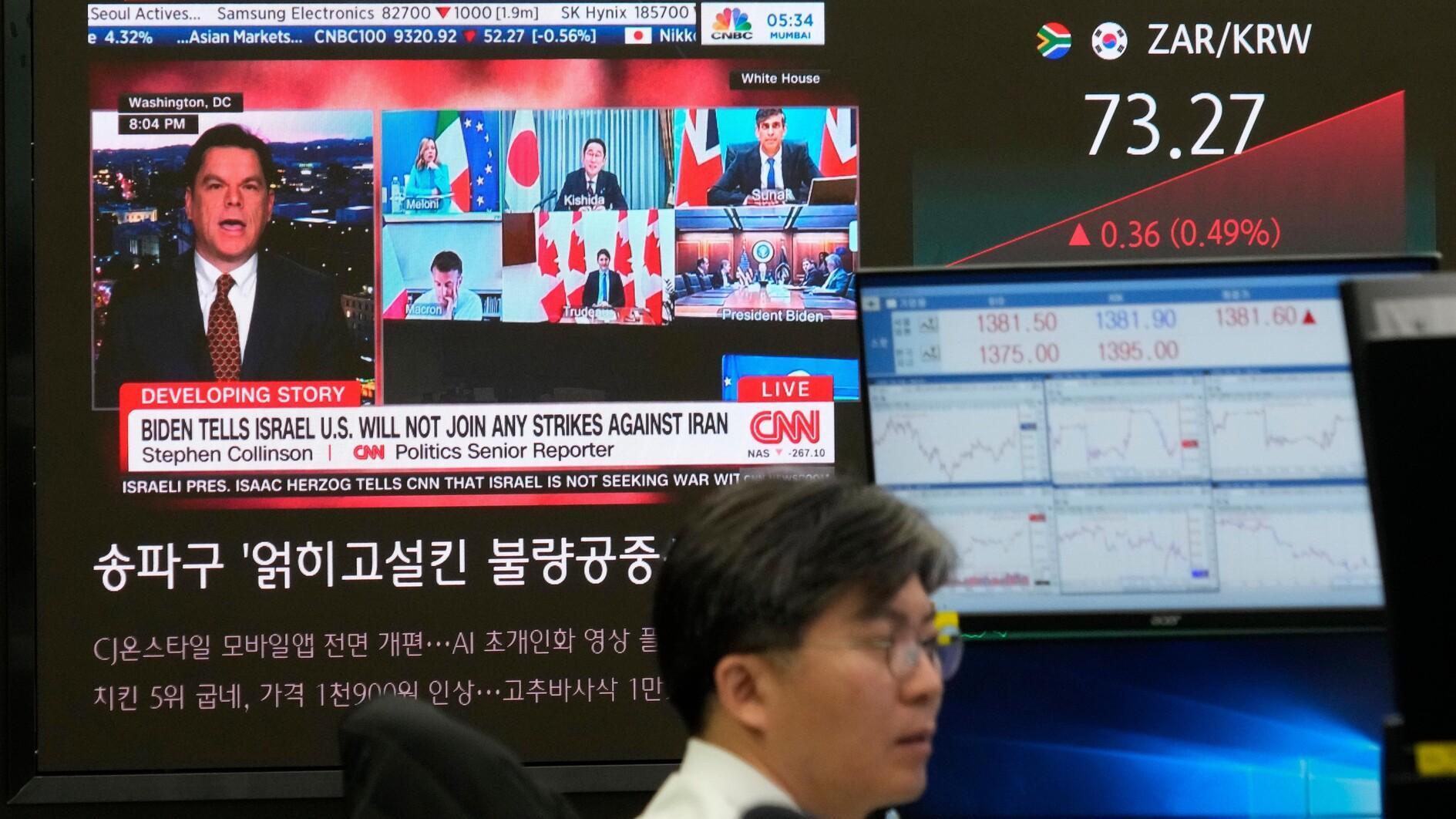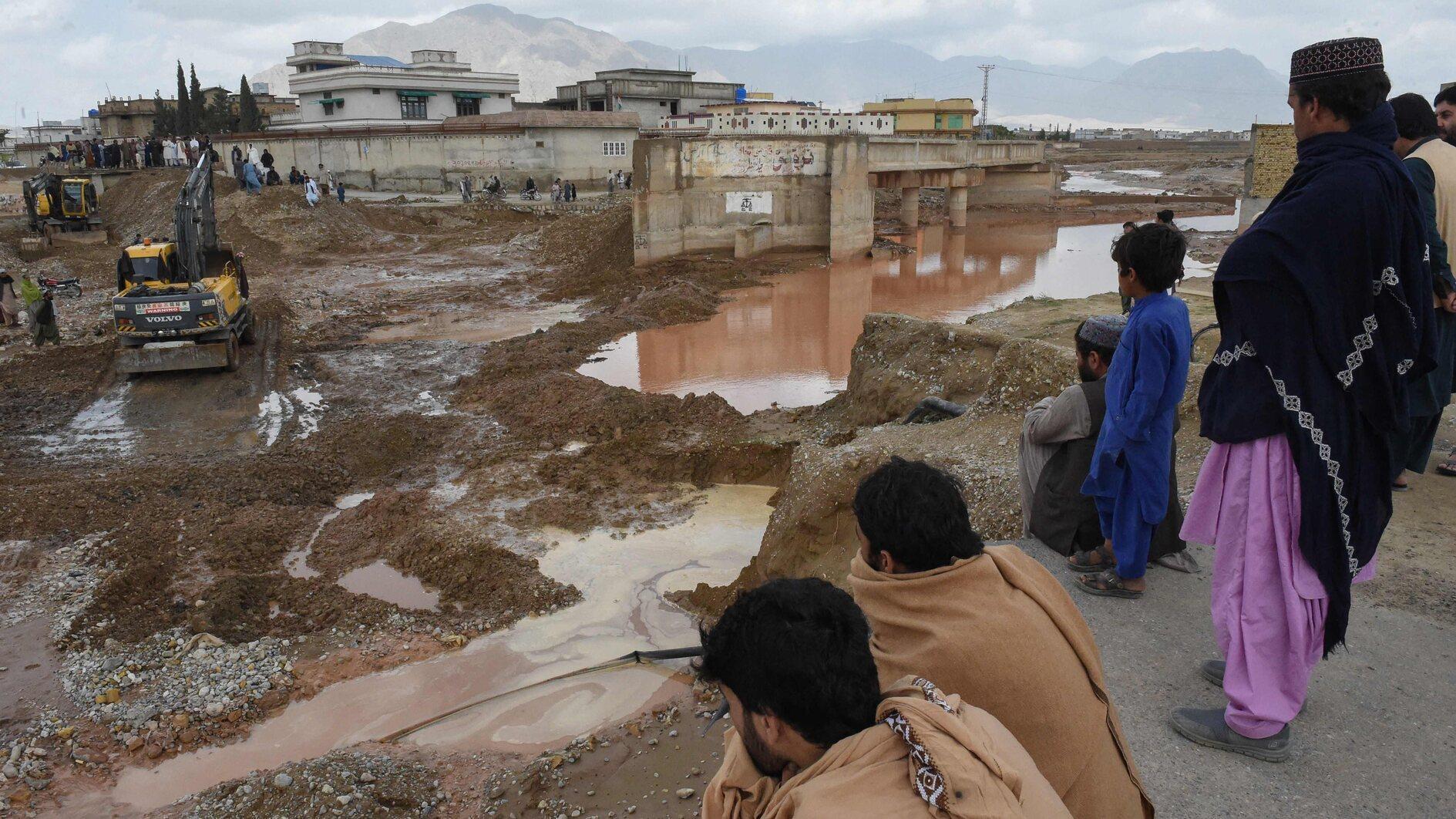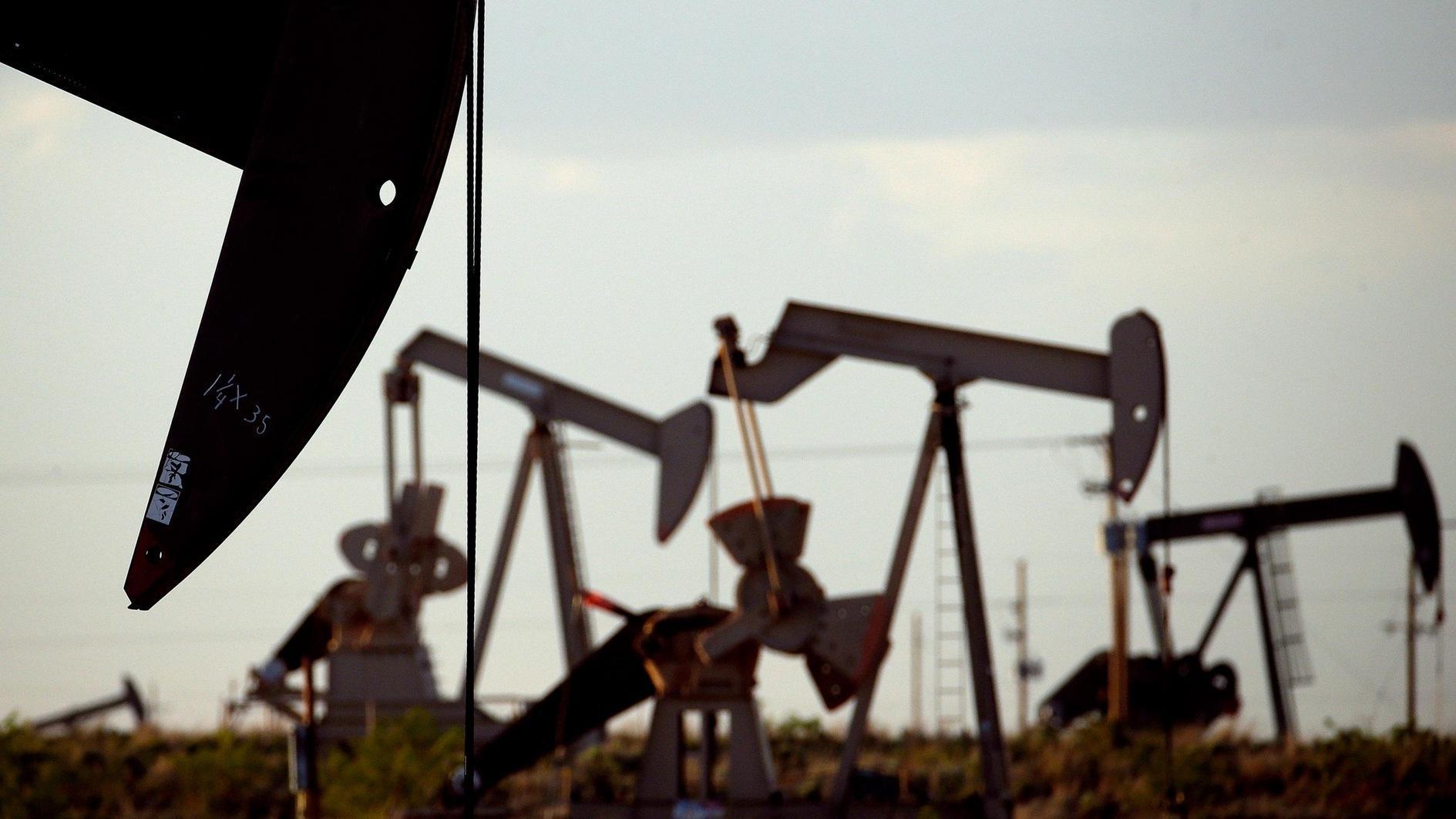Turkey, Iran to trade in local currencies to replace greenback
ISTANBUL - Hürriyet Daily News

A customer buys Iranian gold coins at a currency exchange office in Tehran’s business district in this file photo. Iran is faced with hard restrictions in international money transactions due to the US embargo. REUTERS photo
Turkey is planning a money exchange structure with Iran which will cut the usage of U.S. dollars as much as possible and develop trade with the two countries’ national currencies, Energy Minister Taner Yıldız has said.The minister’s statement came at a time when Iran, suffering from money transaction problems due to a hard U.S. embargo, is seeking opportunities in the Turkish banking sector.
Turkey has already taken steps to trade with local currencies with a number of countries including Russia, China and the Islamic republic.
Speaking on broadcaster CNBC-e on the evening of June 18, Yıldız said that Turkey has already been using gold in Iranian trade.
Iran bought gold worth $1.2 billion in April of this year alone.
“Annually we use between 80 and 82 tons of gold [in trade with Iran].”
Turkey aims at increasing gold production to 34-36 tons a year in the short run from the current 24 tons, the minister also said. “Along with the private companies, the public sector also contributes to this.”
Trade between Turkey and Iran has risen sharply over the past decade, and Turkey was regarded as a possible weak link in international sanctions against Iran.
Last week Washington granted Turkey a 180-day exception from financial sanctions as a result of the cut in oil purchases from Iran made by Turkish refiner Tüpraş.
Turkey was Iran’s fifth-largest oil customer in 2011, buying around 200,000 barrels per day, 30 percent of its total imports and more than 7 percent of Iran’s oil exports.
Turkey cut its imports from Iran to 140,000 barrels per day in May from an average of 210,000 bpd in the first four months of this year, shipping data showed.
Rupee deal
India’s Bharat Petroleum Corp has made its first payment for Iranian oil in rupees, two industry sources said yesterday, becoming the first refiner to use a payment channel that skirts tightening Western sanctions on Iran’s trade, Reuters reported yesterday.
India is Iran’s second-largest oil buyer, but has struggled to find ways to pay for the oil as Western sanctions curb international financial payments destined for Tehran’s coffers.
Since December 2010 refiners in India have been using Turkey’s Halkbank to pay their annual oil import bill of more than $10 billion, after a previous payment channel was blocked, Reuters said.
Tehran and New Delhi agreed in January to settle 45 percent of the oil trade in rupees to ensure that payments would continue should any problem arise with the Halkbank agreement, and also as a way to encourage more exports from India to Iran that could be settled in rupees.
Iran banks look into Turkey
Separately, Iran’s Bank Pasargad has applied for a license to operate in Turkey, a banking sector official told Reuters on June 18, but its bid was seen as having little chance of success given global efforts to isolate Tehran over its nuclear program.
Pasargad’s move is a fresh sign of the strengthening commercial ties between the neighboring countries seen in recent years but coincides with growing pressure on Turkey and other countries from the United States to curb oil purchases from Iran.
Over the weekend Turkish media outlets reported that three Iranian banks, including Bank Tejerat, had applied to the Turkish banking watchdog for a banking license.
Bank Pasargad was the only Iranian bank to apply recently to the BDDK, the Turkish banking regulator, doing so around 20 days ago, Reuters quoted a Turkish banking officials as saying.
“These three banks applied four to five years ago and only one of them was viewed favorably,” the agency quoted a source close to the Iranian banking sector as saying.
“In this environment, when the whole world is pressuring Iran, it is impossible for the BDDK to approve. Even if they provide 300 million Turkish Liras in ($166 million) capital, why and how should the BDDK approve this?” this source said.
















